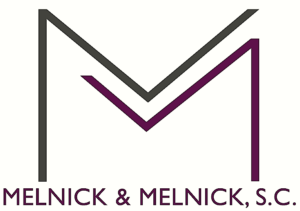LLC vs. Corporation: Using Business Entities to Protect Yourself When Creating a Business

You need an entity to legally separate your personal and business assets. Take this example. You sign a contract with an architect to build out the cat grooming and boarding business you’ve always wanted, Cat Camp. If you contract with the architect in your personal capacity, the architect can sue you personally should things go awry, putting your personal assets at risk. If Cat Camp LLC contracts with the architect, then only the LLC’s assets are at risk. (This example presumes you did not sign a personal guarantee. A topic for another month.)
Creating a limited liability company, or an LLC, is straightforward and inexpensive. LLCs are also flexible. For example, an LLC may have one to many owners (called members) and with some limitations, may be taxed as a corporation, partnership, or passed through to the LLC’s owner’s tax return (a “disregarded entity”). Particularly for LLCs with more than one member, an operating agreement defining how the LLC will operate and the members’ obligations, for example, is essential. Certain types of businesses are not permitted to operate as LLCs, but for most small businesses, it’s a
solid option.
If, for a variety of important reasons, an LLC is not the right choice, consider forming a corporation. Corporations come in different forms and each form has different uses and significance. How the corporation’s owners, called shareholders, want the corporation to be taxed is also an important consideration. For-profit corporations, or C corporations, are taxed at the entity and shareholder levels. Certain corporations may elect to be a S corporation and are taxed only at the shareholder level. To form an entity in Wisconsin, forms must be filed with the Wisconsin Department of Financial Institutions (DFI). The Wisconsin DFI’s Corporations section answers common questions about LLCs and corporations on its website.
Stephanie L. Melnick
Attorney, Melnick & Melnick, S.C.
Stephanie has been practicing law in the Milwaukee area for over 20 years and currently owns Melnick & Melnick, S.C. – a law firm that caters to small and medium-sized businesses. Stephanie also started She Stands Tall to help female entrepreneurs and business owners network, learn, and grow.


